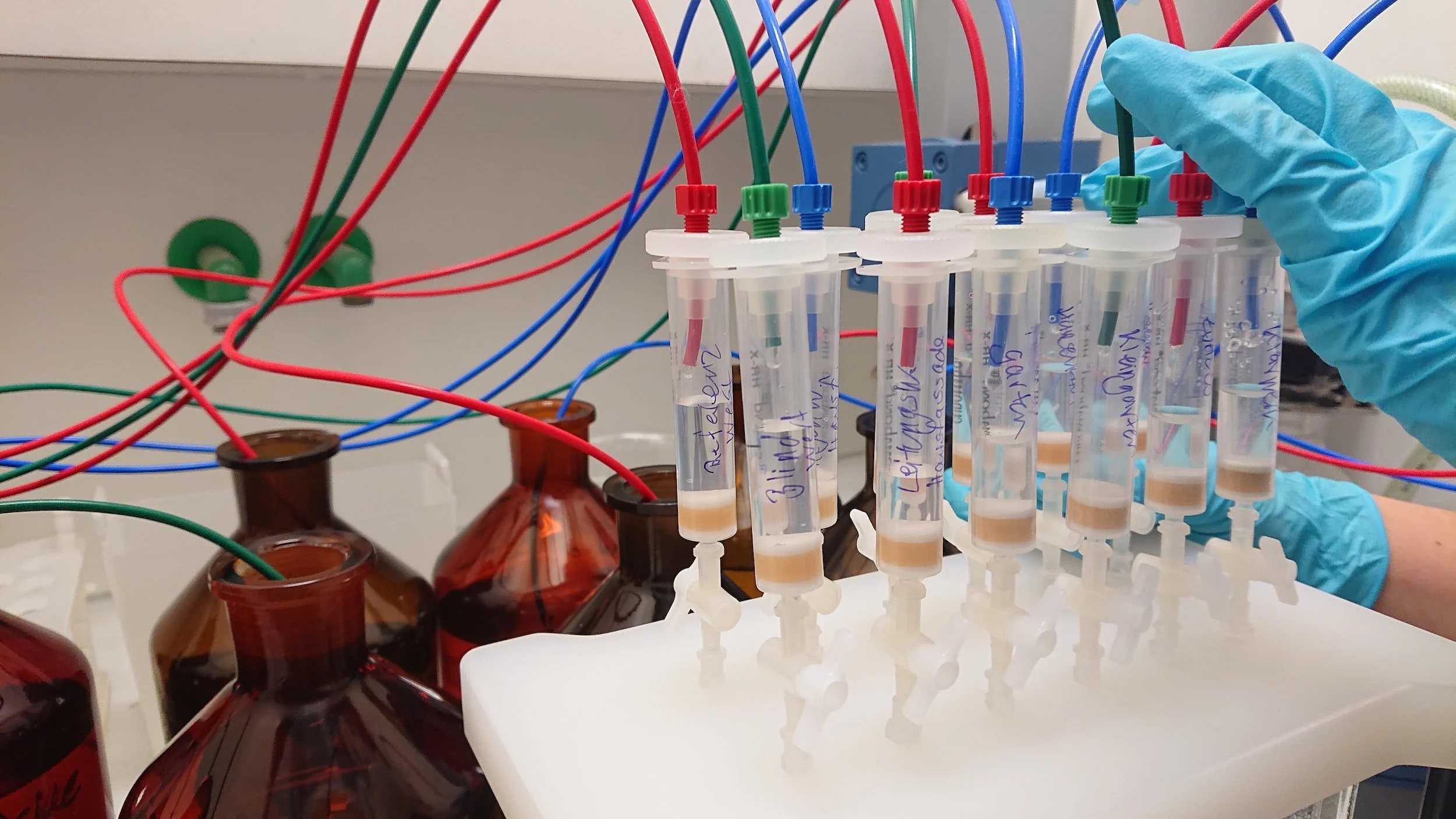Nutritional Strategies to Try Alone or Complementary to Conventional Treatment
(an Integrative Medicine Approach)
In recent years, there has been an explosion of scientific research into the value of food as medicine. That research has particularly focused on the relationship between the trillions of microorganisms living in your gut (the gut microbiome) and the food you eat.
Those microorganisms play an important role in a wide array of vital functions, including the processing of our food and the functioning of our immune system, our metabolism, our hormones, our brain health and our mood and even the expression of parts of our genetic code.
Some of those microorganisms have been found to be highly beneficial while others are now known to be harmful. The food you choose to eat can help either the healthy or the unhealthy microorganisms that form your gut microbiome.
The subject of nutrition as medicine was largely ignored by generations of top scientific researchers. But we have now been nearly overwhelmed by new scientific evidence. This has opened the door to commercial exploitation, pseudo-science and fad diets using terms like paleo, keto, low protein, high protein, low carb, high carb, gluten-free, and the list goes on.
You can try to find your way through the maze of claims and counter-claims on your own or you can seek out someone like me to guide you to reliable scientific information that fits what you are really seeking—support to help you prevent or treat disease.
The research I am referring to addresses many common complaints including, for example, nausea, bloating, abdominal pain, food sensitivities and allergies, heartburn/reflux, constipation, fatigue, skin disorders, menstrual problems, brain fog and many others.
The point is that large studies by top researchers have identified nutritional strategies worth considering to try to help prevent or treat many common conditions, including, for example, weight gain or obesity, heart disease, strokes, type 2 diabetes, auto-immune diseases, intestinal disorders, dementia, COVID-related problems and cancer.
You cannot assume that a doctor is well-versed in evidence-based nutrition. It is often observed that most physicians received little education or training in nutrition and they are focused on the treatment of problems with medication or surgery. In time, that situation will change.
I started reading and thinking about the use of food as medicine a number of years ago. I began with considerable skepticism but soon found that emerging research findings were not only interesting but also persuasive and even exciting.
Whether your goal is to prevent disease and extend a healthy life expectancy or to treat an ongoing health problem, there will be evidence-based strategies that are worthy of your consideration. I can help you identify them.


